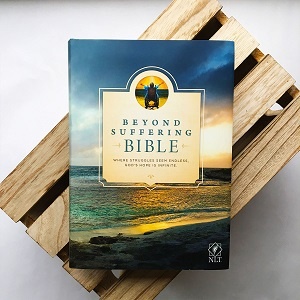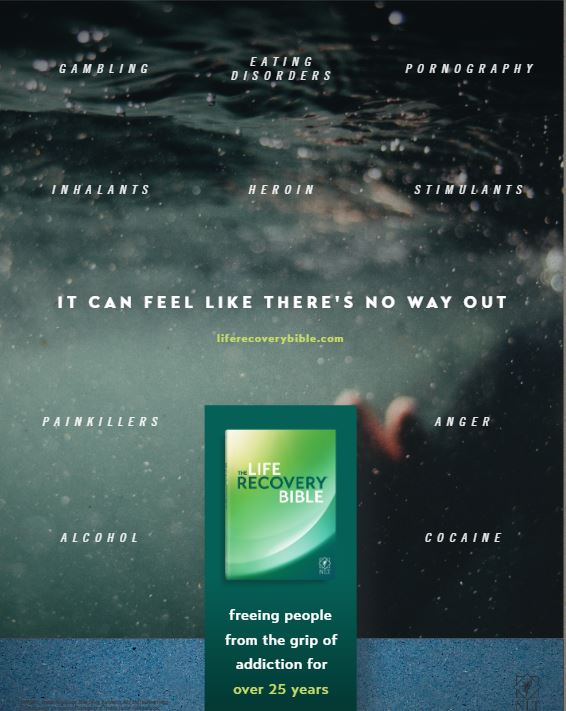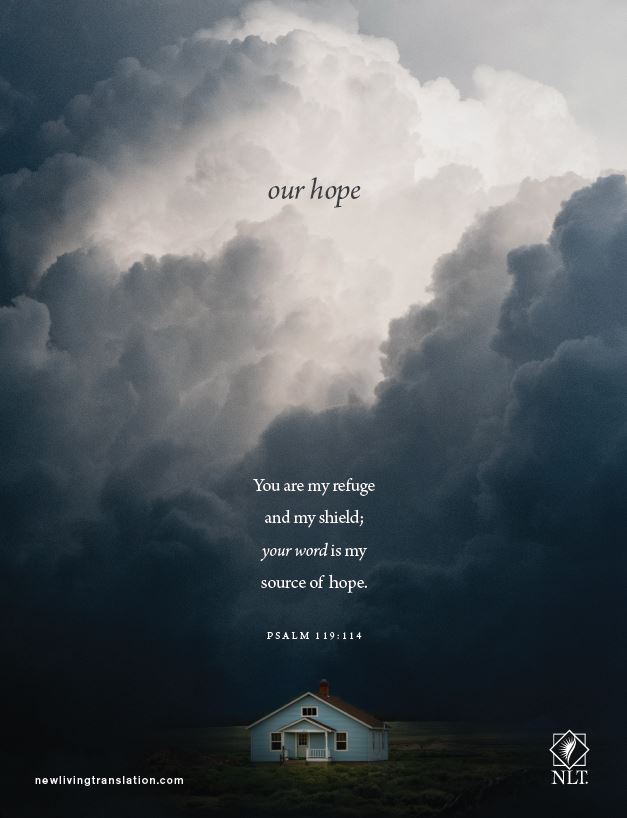“This is what the Lord says:

‘At just the right time, I will respond to you.
On the day of salvation I will help you.
I will protect you and give you to the people
as my covenant with them.
Through you I will reestablish the land of Israel
and assign it to its own people again.
I will say to the prisoners, ‘Come out in freedom,’
and to those in darkness, ‘Come into the light.’
They will be my sheep, grazing in green pastures and on hills that were previously bare.
They will neither hunger nor thirst.
The searing sun will not reach them anymore.
For the Lord in his mercy will lead them;
he will lead them beside cool waters.

And I will make my mountains into level paths for them.
The highways will be raised above the valleys.
See, my people will return from far away,
from lands to the north and west,
and from as far south as Egypt.’
Sing for joy, O heavens!
Rejoice, O earth!
Burst into song, O mountains!
For the Lord has comforted his people
and will have compassion on them in their suffering.” Isaiah 49:8-13, NLT
Note from the Africa Study Bible

This passage described the time when the Jewish exiles were in a hopeless situation in Babylon. Their future seemed very dark with no hope of returning to their homeland. Isaiah prophesied that God would intervene in much the same way he did when he brought them out of Egypt. Once again they would return to their own land. Isaiah described a Servant through whom God would fulfil his promises to Israel (Isaiah 49:5). What is most striking in Isaiah’s prophecy is this Servant—Jesus—would not only restore Israel, but also the Gentiles (Isaiah 49:6). This was in fulfilment of God’s promise to Abraham that “all the families of the earth will be blessed through you” (Genesis 12:3).

In Christ, we see the love of God for all peoples and his plan to save people from all nations. Christ tells his followers to fulfil his plan by making disciples of all nations (Matthew 28:18). All Christians—not only missionaries or pastors or deacons—are part of bringing salvation to the nations. God’s Servant gives freedom to the prisoners, brings light to people in darkness, restores all of God’s people, and restores all of God’s creation.
We are called to be part of that effort. The world may seem hopeless, but the fact that Christians are in this broken world means that God is still at work. Let us regularly join with other Christians to pray for people of other nations who need physical and spiritual salvation.










































Recent Comments